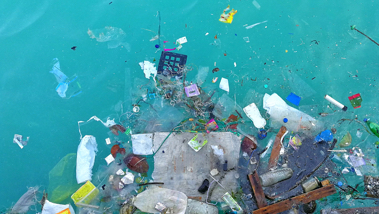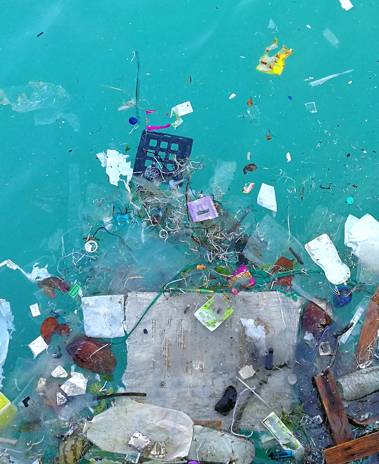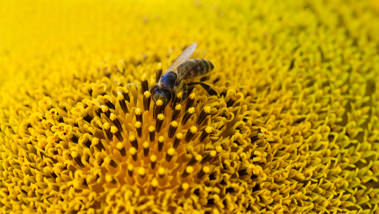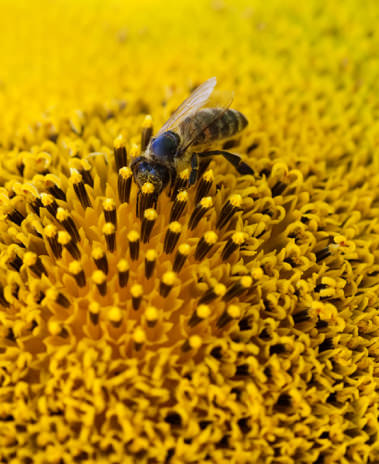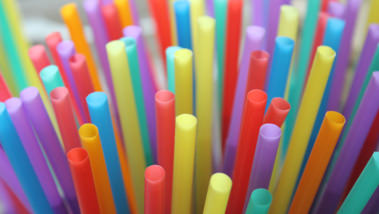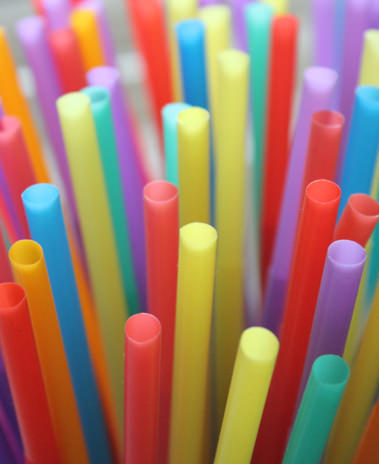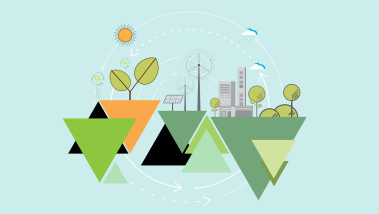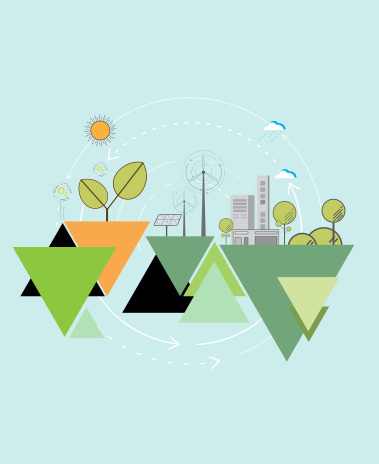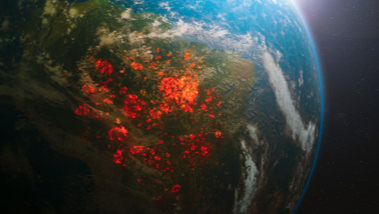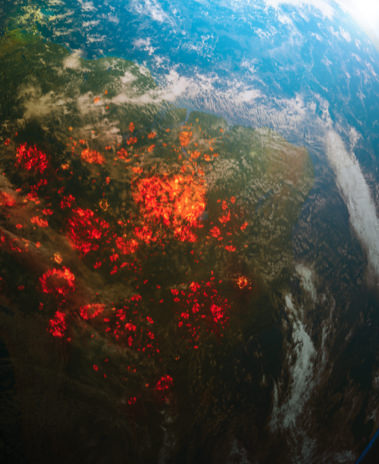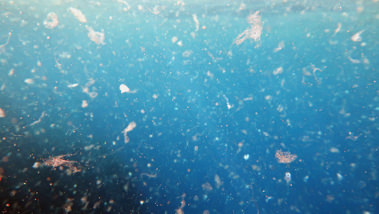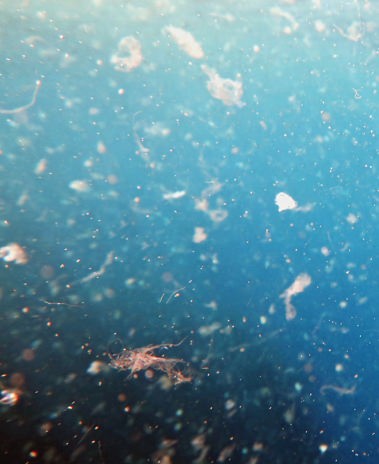#nature
The respect for the environment, flora and fauna or the defense of the nature are essential in fighting climate change. Iberdrola group promotes the biodiversity in ecosystems by supporting the cultural heritage development, apart from encouraging cultural and social awareness in this regard.
-
Plastic is overwhelming our oceans and it's causing incalculable environmental damage. This situation raises many questions: How does plastic get into the ocean? Where does the waste come from? What can we do to avoid it? We outline below the main factors responsible.
Bees and other animals do silent yet essential work for our survival. The vast majority of the world's food crops depend on natural pollination by these species, which are now threatened by intensive agriculture, pesticides, pollution and climate change.
-
On July 5, 2021, Europe banned sales of single-use plastics such as drinking straws, cutlery and cotton buds. With almost 90,000 tons of rubbish in the Pacific alone, these, and other similar measures, are sweeping the globe in an attempt to stem the flow of plastic reaching our oceans.
A study in Nature magazine shows that in 2020 the volume of materials made by mankind outweighed the volume of all the living beings for the first time in history. Which is why some scientists are suggesting that we have entered the anthropocene, a new geological era marked by the impact of mankind. Here are its characteristics and its effects on the environment.
-
2022 again closed with one of the highest temperatures in history since records began in 1880. This is coupled with the fact that of the 10 warmest years in history, 9 have occurred in the last 9 years. The consequences of the increase in the Earth's average temperature range from rising oceans to the proliferation of extreme weather events.
From oceans to farmland, microplastics are everywhere – even in our bodies. Explore the dangers they pose, where they're found, and what we can do to reduce their impact.






